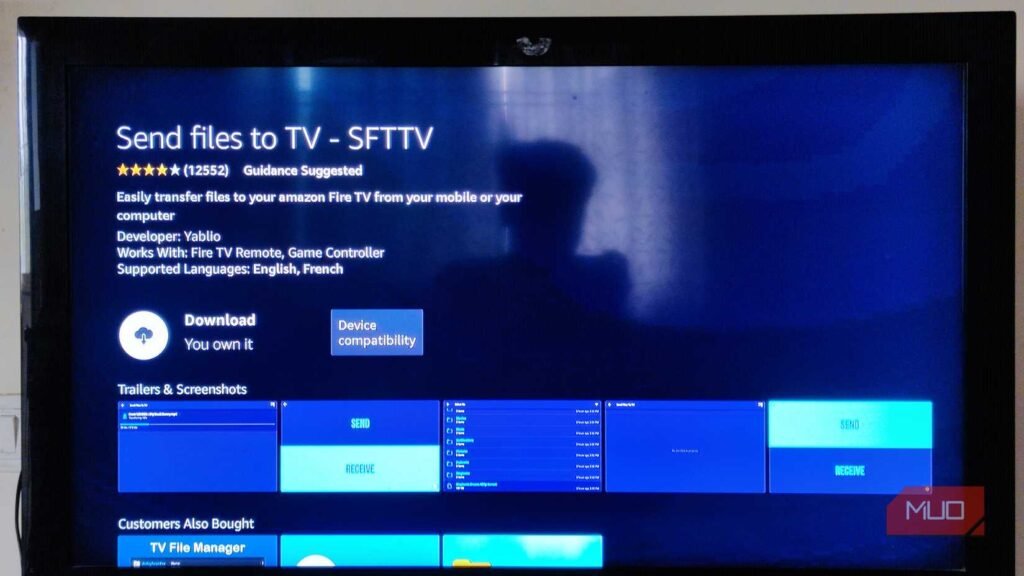
Stephen Holmes, an associate professor of criminal justice, sits in his office on Tuesday, scanning through a police report containing the details of the arrest of William Newlon, who allegedly cyberstalked a 19-year-old UCF female student.
John Warner
Stalking is a mental disease that can form into an addiction, and it is not getting the proper resources dedicated to it, a UCF professor said.
Dr. Stephen Holmes, an associate professor of criminal justice, said stalking has been made even easier with the rise of dating apps and online means of communication.
“People see pictures, people get attached emotionally and psychologically,” Holmes said, about using apps such as Snapchat. “For the most part, I think it’s a disease of the mind, and if it truly is a disease like we think it is, we owe a time to try to fix it, but right now, I don’t think we’re doing a good job.”
Holmes, a father of two daughters who have graduated college, said he would be fearful if they were in college now.
“As a professor that studies sex offenders, that studies violent crime, that studies homicide, this kind of stuff scares me,” Holmes said. “And as a person that has two daughters that went to college, they’re both out now, it would frighten the heck out of me.”
This comes as there has been a rise in the number of initial stalking reports made at UCF’s main campus this fall, according to the UCF Police Department’s daily crime log.
In a recent report, a 21-year-old man was arrested for allegedly “cyberstalking” a 19-year-old female UCF student, according to the arrest affidavit.
Holmes explained that stalkers will often obsess and fixate over photos of their victims, and when their obsession threatens to or becomes violent, that is when it becomes an issue.

A man was arrested after allegedly cyberstalking a female UCF student by calling her over 30 times after being blocked and threatening to show…
“There are a lot of people who suffer from diseases like OCD, or other things, where they have no life outside of their phones or devices, and this becomes their entire world,” Holmes said.
The affidavit stated the stalker called the victim over 30 times from a “No Caller ID” after the victim blocked his number. When she finally answered his call, he threatened to show up at her apartment, as he knew her address through location sharing on Snapchat.
Holmes said that for stalkers, communicating with their victims can become an addiction, much like gambling, drinking or smoking.
“When they’re communicating with their victim, they feel whole, they feel alive. They feel in a zone,” Holmes said.
Holmes said he laments that victims of stalking often carry the trauma with them for life. He said that the victim will constantly be looking over their shoulder and worrying about another incident.
The UCF Police Department responded to 12 initial reports of stalking on UCF’s main campus and its residential facilities in one month, nearly…
UCF Victim Services encourages students to reach out if they believe they are being stalked or feel unsafe in any way. Reporting to the police is recommended but not required in order to seek help from a professional.
“Counseling and Psychological Services also offer a wide range of free mental health services, including individual or group therapy sessions,” UCF Victim Services said in a statement.
Still, Holmes said more must be done to help individuals who are suffering from these types of mental health issues.
“We’re not going as far as we can to fix them, and my heart goes out to the victims, because they’re never going to be truly safe until we do,” Holmes said.
Officials said victims of stalking should document and report everything to the police immediately, and they are encouraged to reach out to UCF Victim Services for support.





